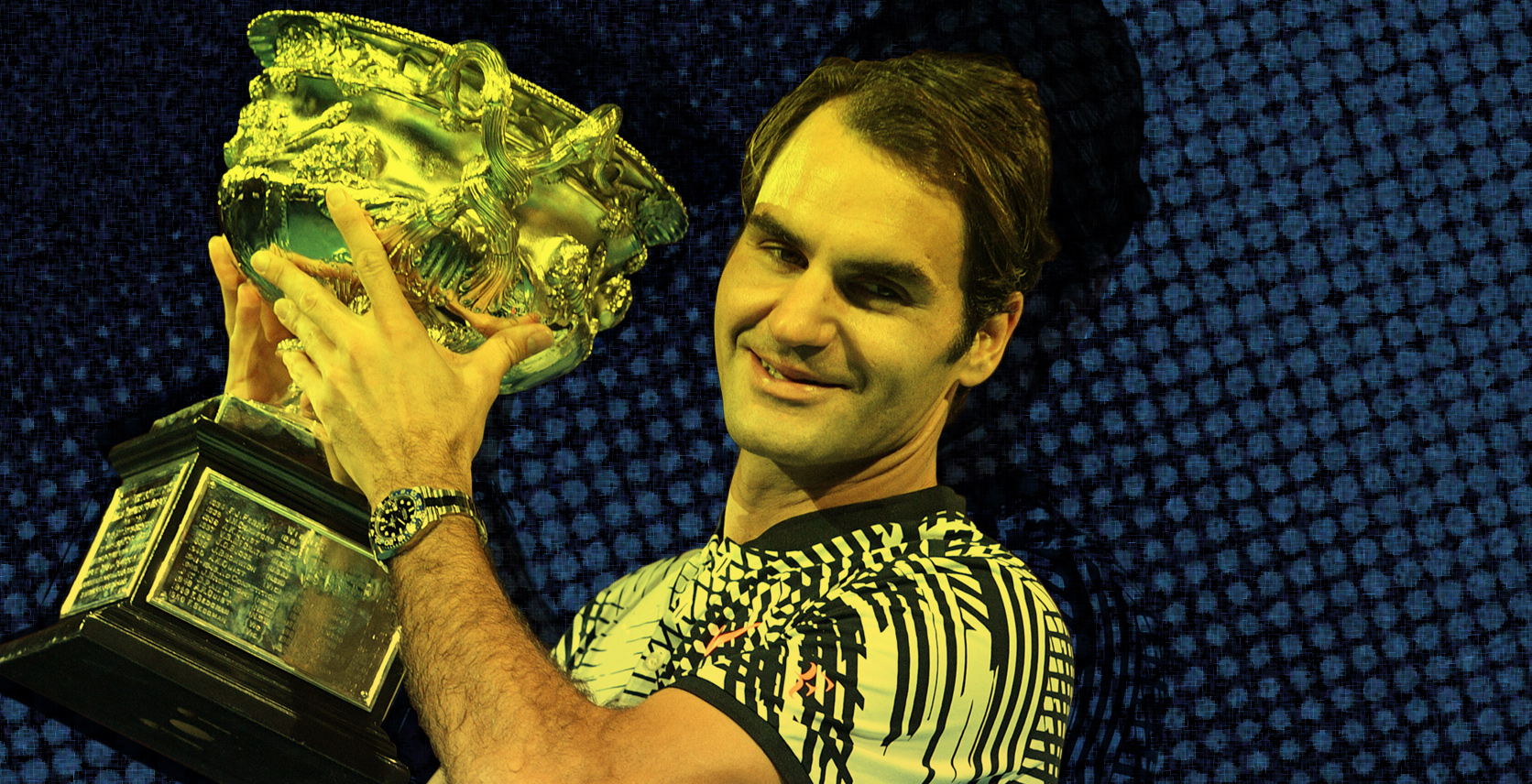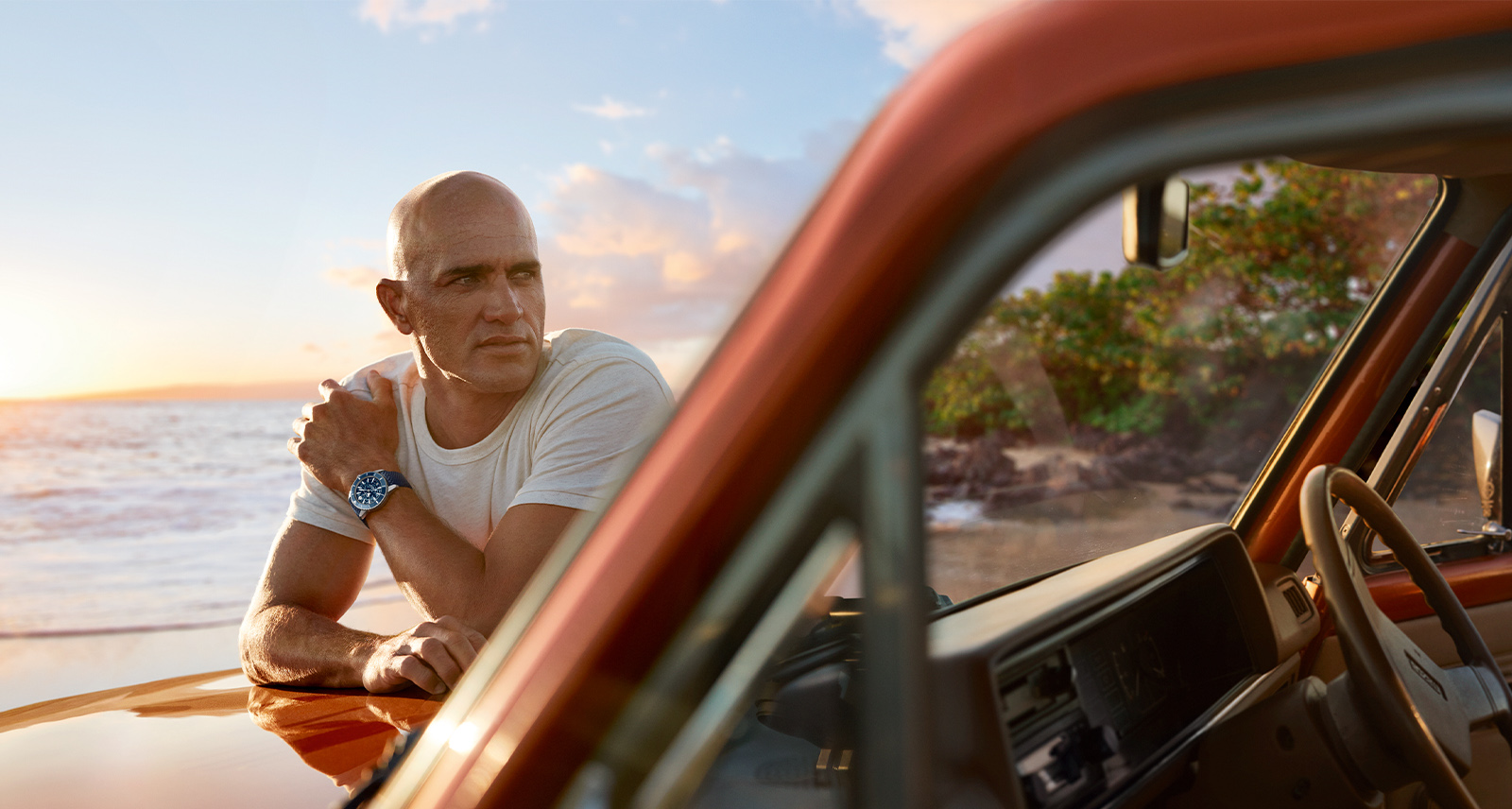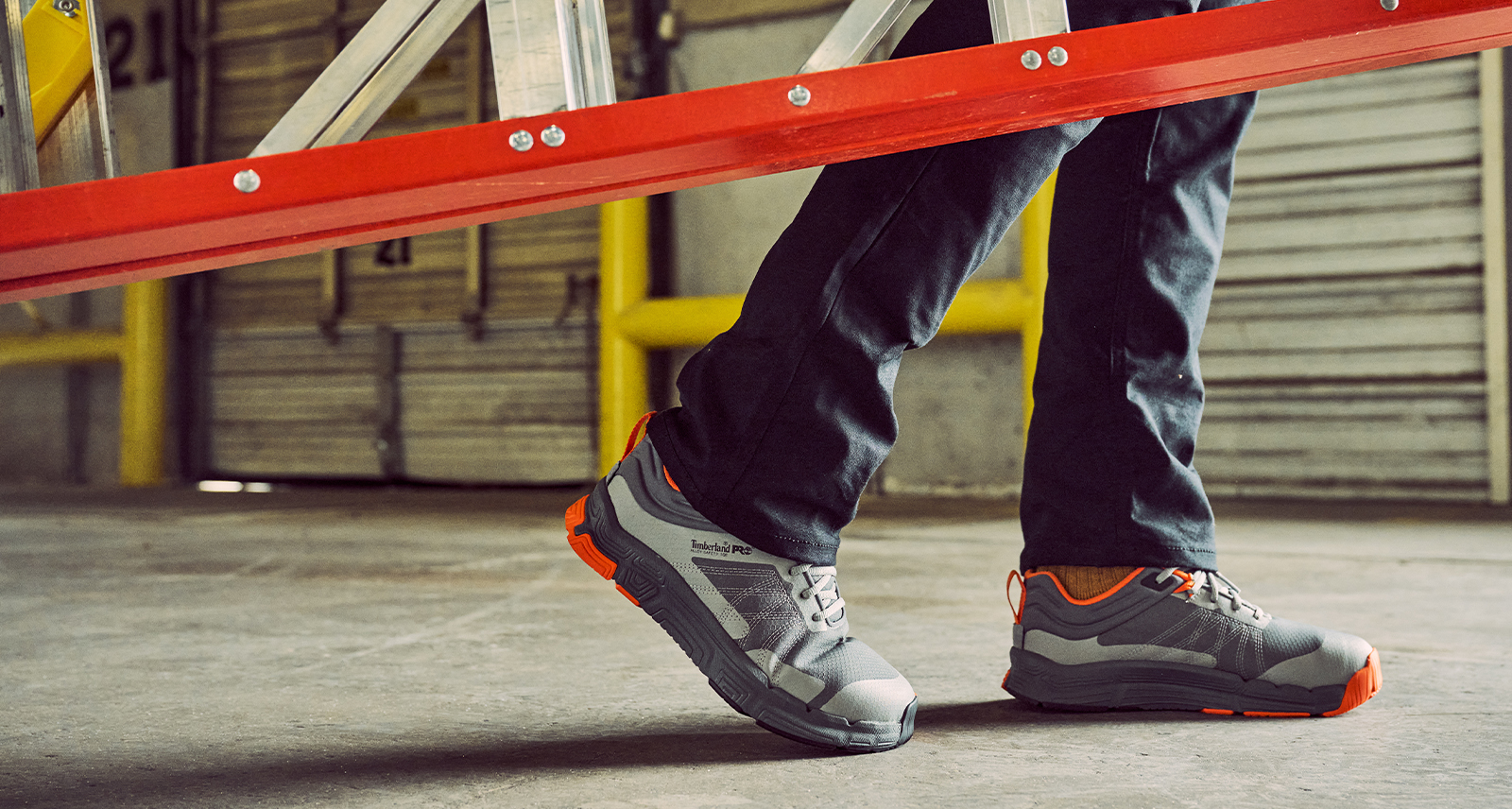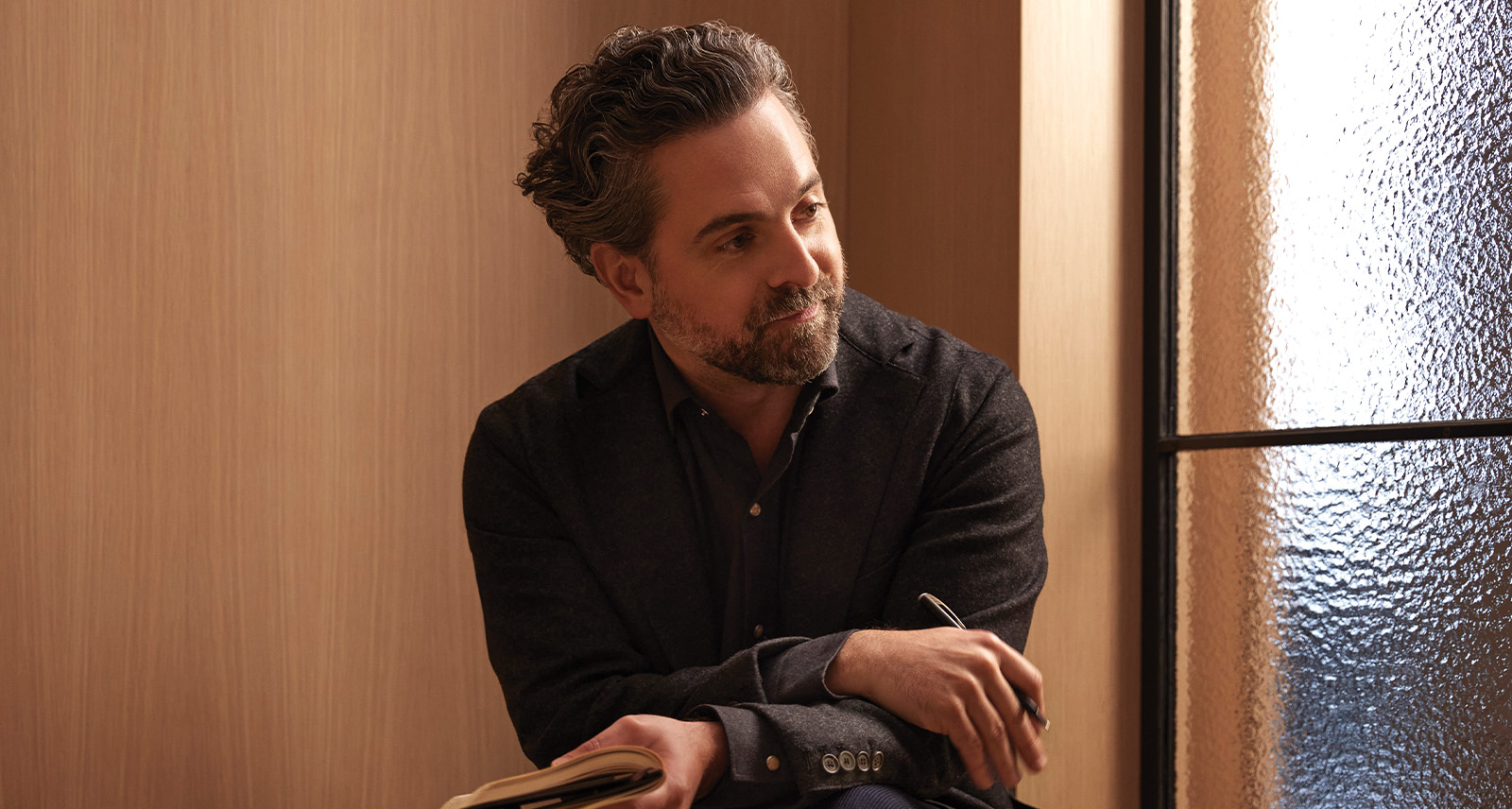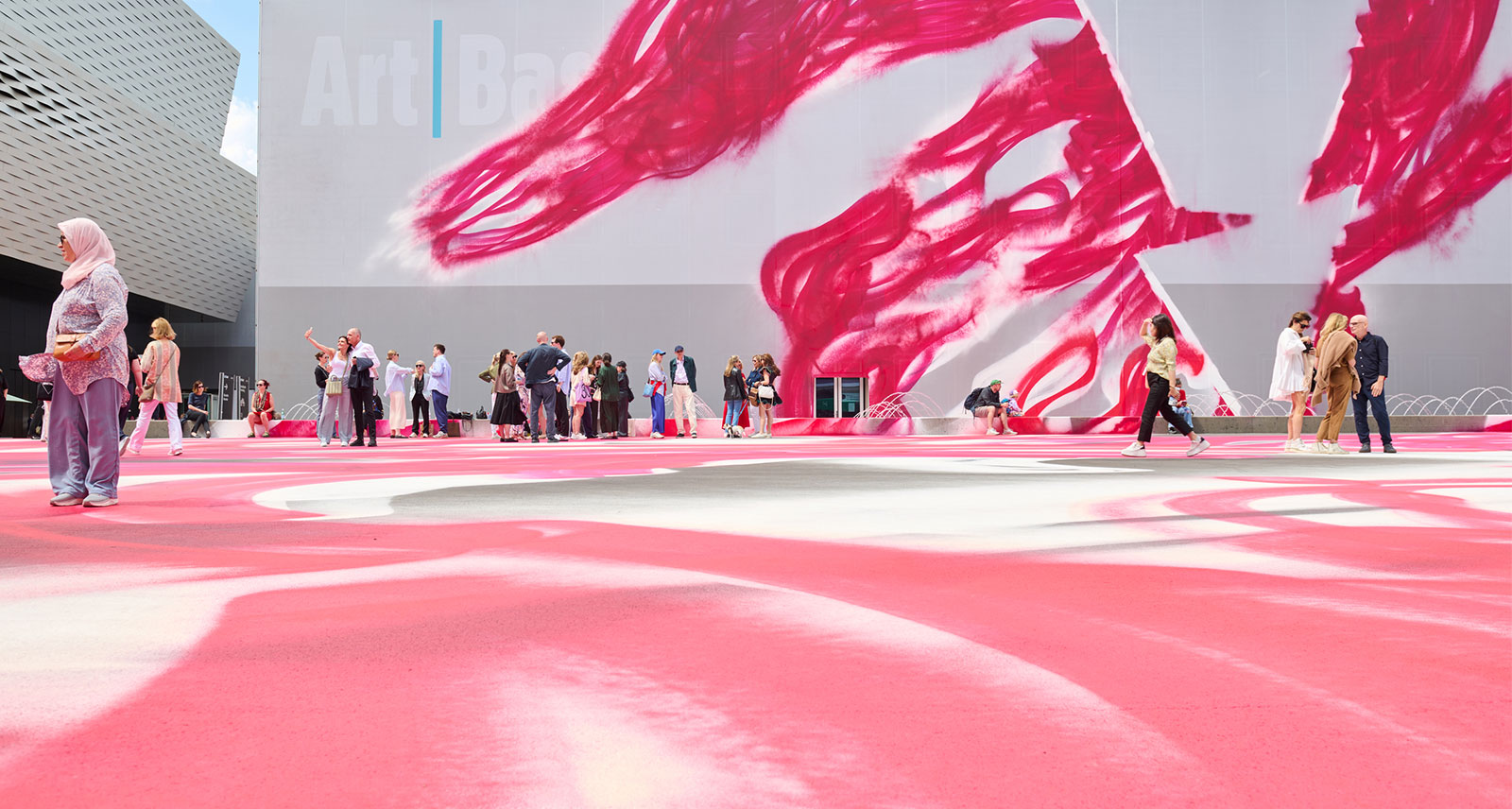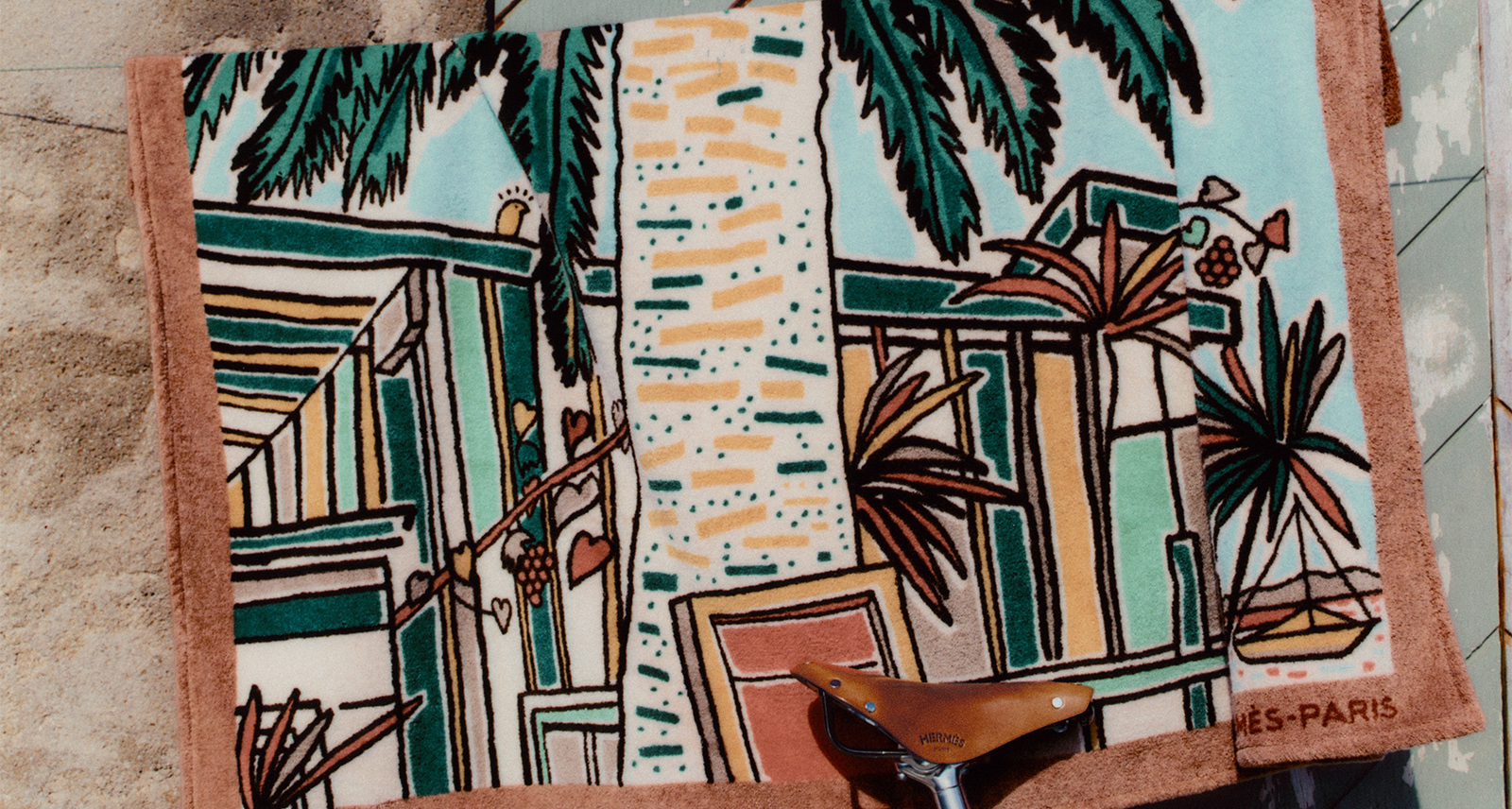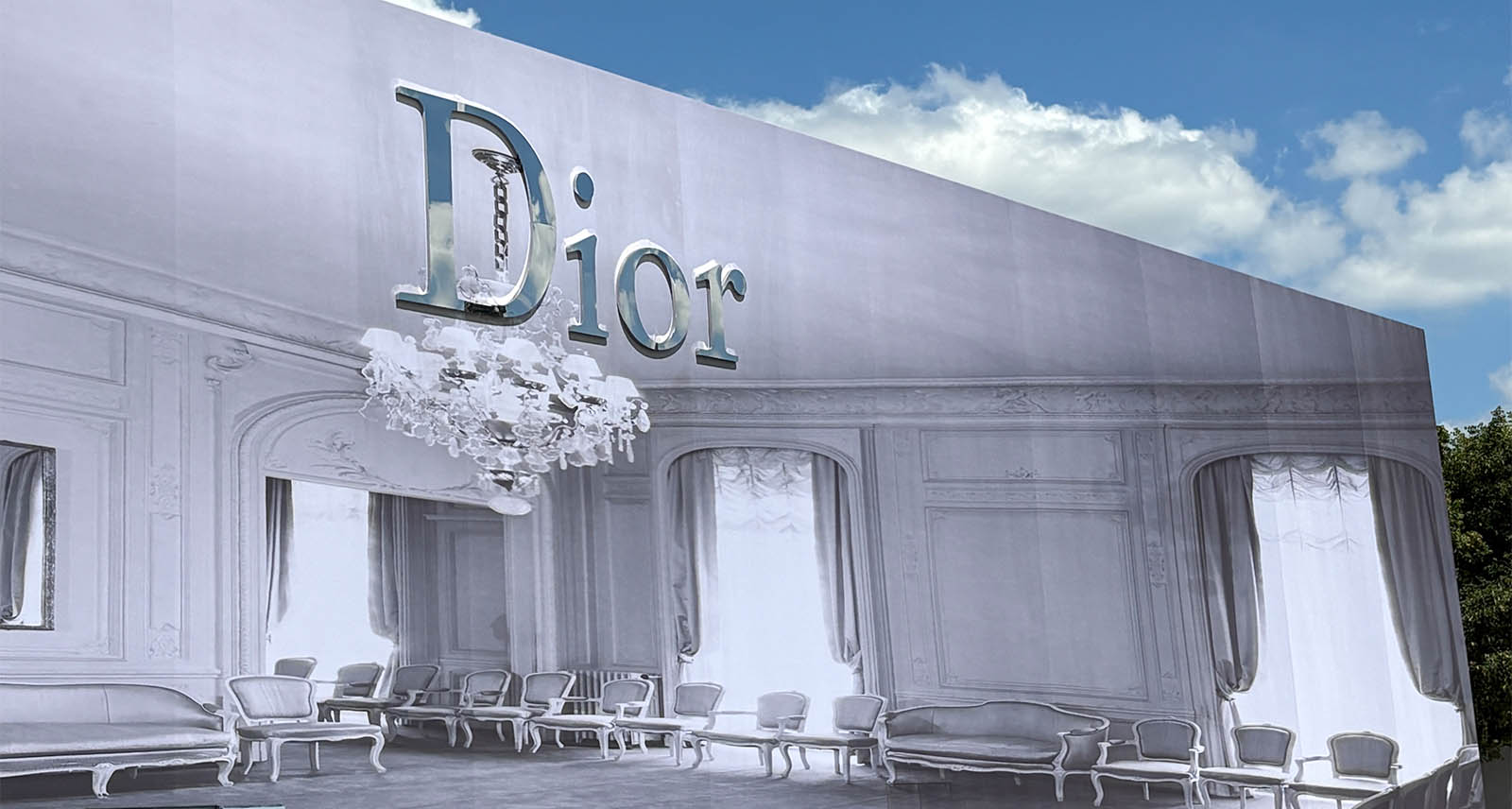Roger Federer’s Australian Open Win Was a Callback to Simpler Times
Roger Federer won a Grand Slam on Sunday. He beat Rafael Nadal in the final.
Think about that for a second.
No, this isn’t 2007. This is not an archived article. It’s 2017, and Roger Federer claimed his 18th major title at the Australian Open yesterday.
You see, it really shouldn’t have happened, should it?
Federer is 35. He was seeded 17th in his first tournament in six months, following a knee injury he incurred while running a bath for his kids. The most balletic of players had his legs taken away. Nadal, now 30, the king of the wrist-flick forehand, capable of generating unreturnable top-spin akin to a buzzsaw, has been without a healthy wrist for the better part of two years. Federer hadn’t won a Slam in five years. Nadal had not been in a Grand Slam final in three years, and was without a win since his last traditional French Open victory in 2013.
And yet, somehow, some way, both elder statesmen managed to produce rallies like this:
Squint and you could almost pretend this was a decade ago.
Winning a Grand Slam in tennis is a hard achievement enough, but that Federer became the oldest man to claim one in 46 years is frankly unbelievable. Yes, it helped that current titans of the game Novak Djokovic and Andy Murray were knocked out early, but one could argue that the time-capsule form Federer brought to Melbourne may have triumphed regardless. With the exception of Ivo Karlovic, no one served more aces than Federer (108) these past two weeks. He served a mammoth 20 in the final. Only current return king Kei Nishikori had more offensive returns of serve than the Swiss as well. And this can’t be repeated enough: Federer is 35 years old.
But age is not the only reason that Sunday’s five-set tennis-athon was so special. It’s because if you’re between the ages of, say, 17 and 35, Roger Federer and Rafael Nadal have dominated your entire millennial sporting landscape. They spent over a decade monopolizing the four Grand Slams, taking turns winning each via hellacious but often beautiful tennis matches, with only the occasional party-crash from the likes of Novak Djokovic. Today, Djokovic and Murray sit atop of the rankings, and in many ways Federer and Nadal have become afterthoughts, nearly reduced to mere fond memories. Sunday gave us a chance to reminisce.
But what was the appeal? Maybe the reason we treasured the rivalry so much is that it said a little bit about ourselves. Sure, both Federer and Nadal were pretty genial and likeable characters, but fundamentally we were gripped by the clash of styles. The question was always what you preferred.
If Federer won matches with the precision of a scalpel, then Nadal was the equivalent of a machete. Federer may have the most Grand Slams in history with 18, but when his elegant movements faced off against the Spaniard’s brutish force, he would only win in 12 of 35 attempts, and only three in 12 at Grand Slams. Nadal brought the best out of Federer, and sometimes, most of the time, that still wasn’t enough for the greatest player ever. Back in March 2004, Nadal and Federer met for the first time in Miami. At this point Federer, 22, already a multiple Grand Slam champion, was facing a 17-year-old and otherwise unknown Nadal. Nadal won in straight sets. And so for the next 13 years we had our rivalry laid out. It was our sporting catnip, and we just couldn’t get enough.
Federer is now targeting an eighth Wimbledon; he knows he stands little chance on the clay of Roland Garros. Nadal is optimistic he’s back to some form of health. Maybe we’ll see a repeat of Sunday, but don’t hold your breathe. In their peaks, Federer and Nadal were two bright, blazing comets who flew alongside each other for an improbably long stretch. And then, like all comets, they fizzled out. Federer has reached an age where talents and bodily capabilities no longer correlate, and Nadal has become a litany of injuries. But Sunday gave us a chance to look up at that night sky and remember that Federer and Nadal have spent an awful long time shining brighter than anyone else in the sport.
